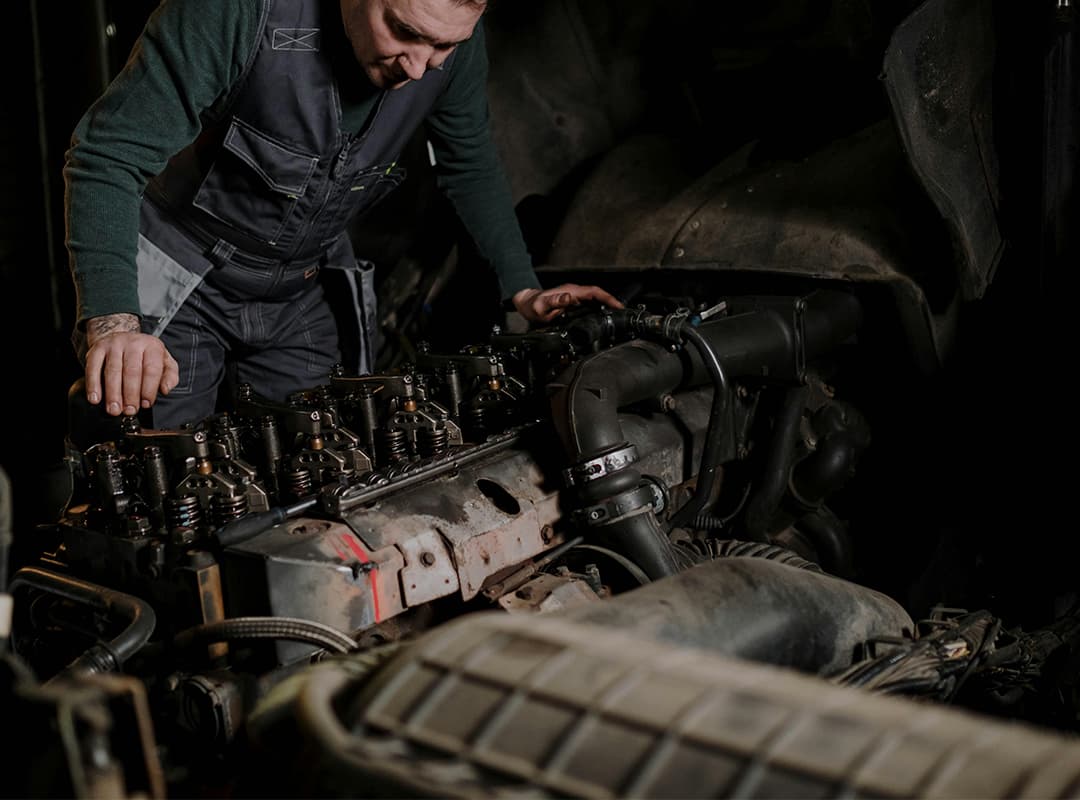Vehicle consumables are parts of the vehicle that need to be replaced regularly due to wear and tear. These components are essential for the proper functioning and safety of your vehicle. They include items such as filters, fluids, belts, and spark plugs.
Regular replacement of automotive consumables is crucial to maintaining the performance and longevity of your vehicle. Over time, these components can wear out or become clogged, resulting in reduced efficiency, fuel economy, and potential damage to other parts of the vehicle.
The frequency of replacement of auto components varies depending on the specific part and the manufacturer’s recommendations. However, here are some general guidelines:
- Engine oil: It is generally recommended to change the engine oil every 5000-7500 miles or every 6 months, whichever comes first.
- Air filter. The air filter should be replaced every 15,000-30,000 miles or once a year.
- Fuel filter: The fuel filter should be replaced every 20,000-40,000 miles or as recommended by the manufacturer.
- Spark plugs: Typically, spark plugs need to be changed every 30,000-100,000 miles, depending on the type of plug and the vehicle’s engine.
- Brake pads: Brake pads should be checked regularly and replaced when they are worn to 3 mm or less.
- Transmission fluid: transmission fluid should be changed every 30,000-60,000 miles or as recommended by the manufacturer.
- Cabin air filter: The cabin air filter should be replaced every 15,000-30,000 miles or once a year.
- Power Steering Fluid: The power steering fluid should be checked regularly and replaced as needed.
- Timing belt: The timing belt should be replaced every 60,000-100,000 miles or as recommended by the manufacturer.
- Coolant: The coolant should be flushed and replaced every 30,000-50,000 miles or as recommended by the manufacturer.
Regular replacement of automotive consumables is essential to maintaining your vehicle’s performance, efficiency, and safety. By following the manufacturer’s recommendations and keeping track of mileage and time intervals, you can ensure that your vehicle remains in optimal condition for years to come.
